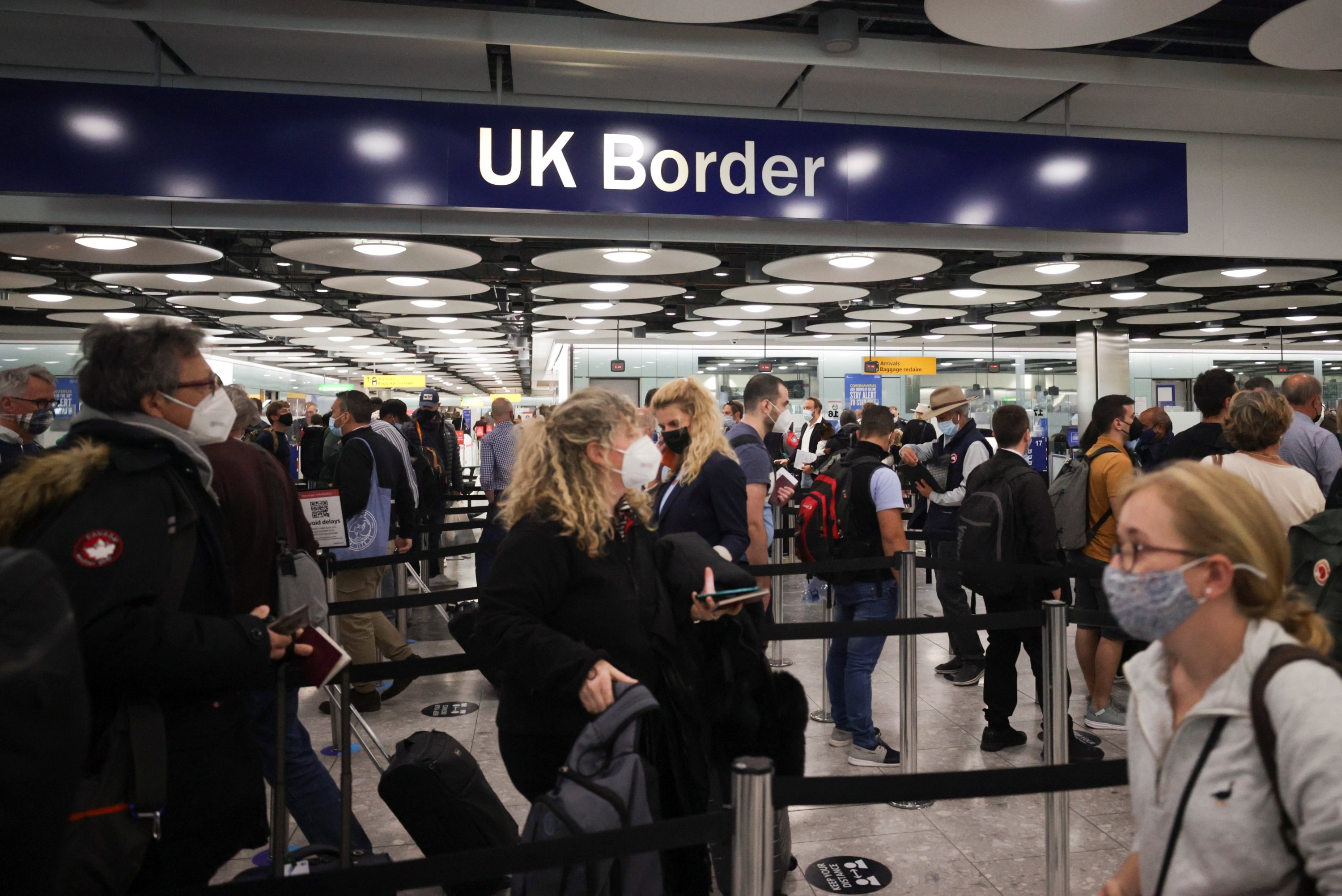


The UK finally left the EU on December 31, 2020. Concerns about the modifications to UK visas following Brexit are widespread. Officials from the UK government have frequently bragged about the new and equitable immigration system they have implemented in the wake of Brexit. They have even often compared it to an Australian-style point-based system.
You must satisfy specific requirements in order to work in the UK if you were not a resident there after Brexit and do not enjoy rights under the withdrawal agreement. Additionally, you may also need to pass proper inspections, such as UK criminality inspections. However, the Common Travel Agreements will still provide protection for Irish people.
In short, a lot has changed in the region. The new policies for students, workers, investors etc. are in place. In this article, we shall discuss the work visas in the UK after Brexit.
A points-based system is used to determine who is allowed to work and reside in the UK. Anyone interested in applying must first ensure they meet a series of requirements. Additionally, you must go through other checks, including a criminal history check.

By requesting a visa, a person may be permitted to reside and work in the United Kingdom. So, without further ado, let's get into a list of work visas for EU citizens.
After Brexit, EU citizens who have earned a degree from a prestigious European university will be able to work in the UK thanks to the High Potential visa. Holders of high potential individual (HPI) visas typically have a maximum stay of two years. This can't be prolonged any further. Those who want to stay longer can then apply for a different sort of visa in the UK.
The applicant must have earned, within the previous five years, a degree from a top-tier university that is comparable to a UK bachelor's degree, UK postgraduate degree, or a UK doctorate. The applicant must be proficient in English and have a certain amount of savings.
Following Brexit, the skilled worker visa has become a popular alternative for EU nationals working in the UK. It allows them to work for a company that can sponsor them. Holders of a skilled worker visa are permitted to reside, work, and study in the UK for up to five years.
EU workers in the UK can apply for permanent residency after fulfilling the ILR (Indefinite Leave to Remain) requirements. On a visa for skilled employees who are dependent upon them, family members are also permitted to travel freely to and from the UK.
The applicants are qualified for this visa if they have a job offer from a sponsor. Plus, they must be able to earn at least 25,600 EUR a year. However, this can be lower in a few cases.
The Scale Up visa was launched in the middle of 2022 to make it simpler for UK companies who are rapidly expanding to hire EU workers after Brexit. Similar to the skilled worker visa previously described, the scale-up visa has a few significant characteristics.

For EU nationals who are leaders or up-and-coming leaders in academia, the arts and humanities or digital technology, the UK's Global Talent visa provides a very flexible and advantageous work visa. Depending on their area of expertise, holders of Global Talent visas have up to five years to petition for permanent residency.
You can work for a company, run your own business, change jobs at any time without getting approval from the Home Office, and bring your family to the UK if you have a Global Talent visa. However, the applicant should be 18 years of age in order to apply for this visa.
Following Brexit, the aforementioned categories will be open to both EU citizens and non-EU citizens who want to move to the UK and live there. The government has indicated that there won't be any special rules for EU nationals seeking UK visas. They will both need to meet the requirements for the best route.
The only exemption given to citizens of the EU is the right to travel without a visa for visits lasting up to six months. The most extreme situation following Brexit will be when EU citizens must submit a visa application together with everyone else. If they want to live or settle in the UK, citizens of EU countries will also have to pay astronomically high application costs.
Brexit has been an event of great significance in European history. Where the UK has introduced new visas, it has also posed a challenge for EU citizens as they are also supposed to have a permit if they want to enter the UK. The visa types and conditions for EU applicants will be the same as for non-EU citizens following Brexit.
A national identity card or EU passport is no longer sufficient evidence of eligibility to work in the UK. However, Irish nationals can continue to demonstrate their right to work using their passport or passport card.
A friend or family should get ready to apply for a separate Standard Visitor visa if they intend to visit you in the UK and need a visa to do so.